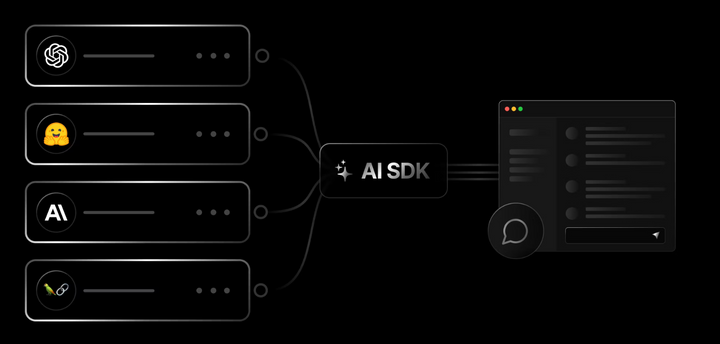What I Learned at Replicate's Demo Day
Learning how to improve Replicate Codex with input from the community.

As the creator of Replicate Codex, a platform where users can search, filter, and sort through a variety of AI models to find the right one for their project, I had the opportunity to attend a demo day for the Replicate community. Replicate Codex is completely free to use, and users can subscribe via email for monthly updates on new models. Replicate is a platform that lets users run AI models in the cloud, and Replicate Codex helps people discover and understand those models more easily.
Throughout the demo day, several interesting topics were brought up, including the importance of pricing and search functionality. Here's what I learned:
Pricing Matters
One of the most popular topics discussed was pricing. Many attendees were interested in the actual running cost of models, as this can vary based on instance type and model input. Some attendees suggested that Replicate Codex should provide more statistics on pricing, such as the cost per inference time or instance type. For example, if a model takes 20 minutes to run on a T4 but only takes 1 second on a 3090, how would that affect pricing? Would it be strictly based on a base charge?
Another suggestion was to allow users to sort models by pricing. This would make it easier for users to find models that fit within their budget.
In response to these suggestions, I added more pricing details to each model's page and expanded the model's details to make pricing more transparent.
Made the details views significantly more ... detailed.
— Mike Young (@mikeyoung44) March 29, 2023
Compare before (left) vs. after (right). Looks nice on mobile too!
Example: https://t.co/13D3FAUPJe pic.twitter.com/6aHTKR0uXV
Search Really Matters
Another attendee brought up the importance of search functionality. They noted that the current search system is somewhat primitive and that users have to search for specific terms, such as "upscale," "enhance," or "resolution," to find the right model. They suggested that Replicate Codex should incorporate tags and AI to improve the search functionality and provide more relevant results.
In response to this suggestion, I created a script to auto-classify models via tags (full details here). I also plan to improve the search for speed and robustness by moving to a database and paginating results. This will make it easier for users to find the models they need quickly and efficiently.

UI Design Can Wait
During the demo day, I made a comment about the UI design being somewhat sloppy and the site being a little slow. However, no one else brought up the design during the discussion. This served as a reminder that it's more important to focus on the job to be done over design prettiness, which can always be added later. In other words, it's better to ship early and often and iterate based on user feedback.
Final Thoughts
Attending Replicate's demo day was a great learning experience. It was fascinating to see what the community has been building with generative machine learning and how Replicate Codex can continue to improve to better serve users. The discussions on pricing and search functionality were especially insightful, and I look forward to implementing these suggestions in the future. Overall, the demo day was a great reminder of the importance of user feedback and continuous iteration in building a successful platform.
Subscribe or follow me on Twitter for more content like this!





Comments ()